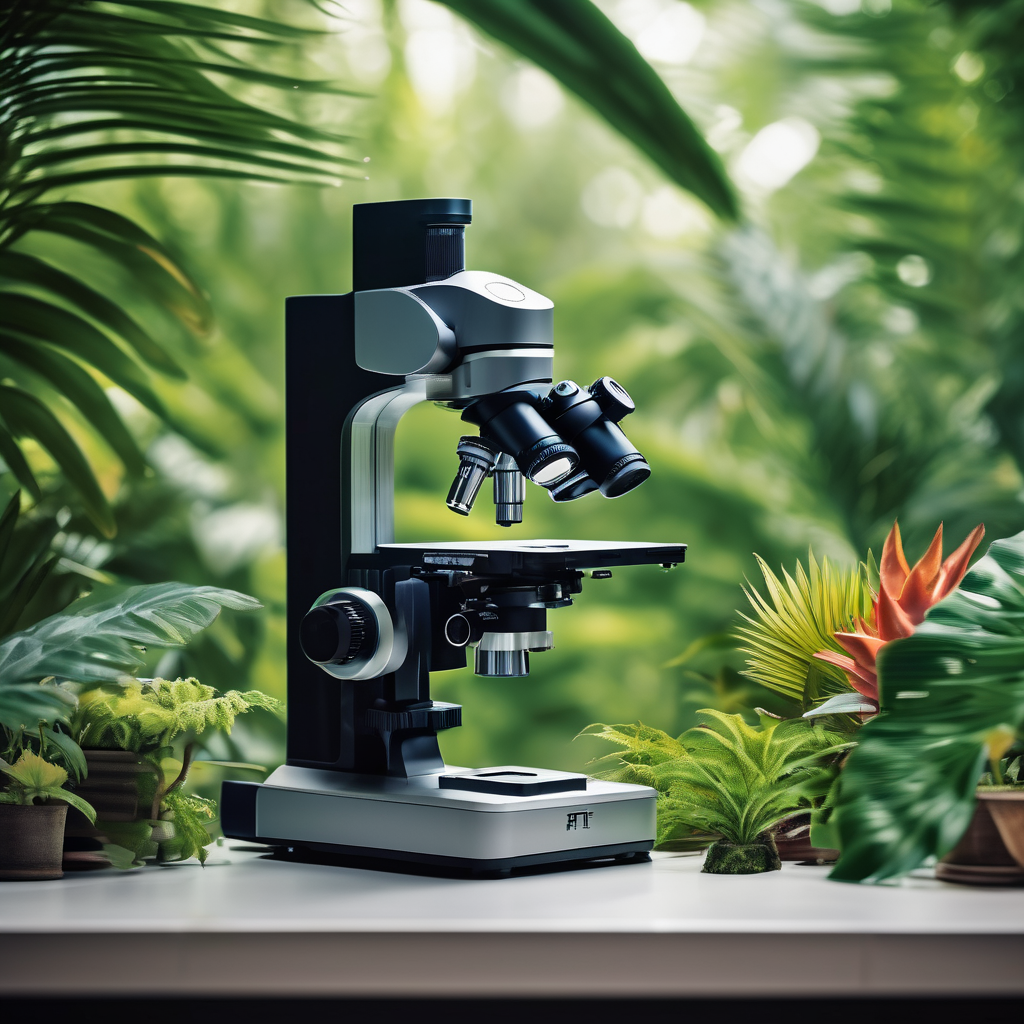Biosecurity officers from across the Pacific region convened in Nadi, Fiji, to affirm four years of progress in training aimed at bolstering the Pacific’s defense against pests and diseases. This effort, which also supports agriculture, biodiversity, and trade, is a part of the EU-funded SAFE Pacific project, executed by the Pacific Community (SPC).
The workshop earlier this month included a review of a tracer study that highlighted significant improvements. The study revealed that training programs and equipment aids have enhanced pest surveillance, identification skills, data reporting, and inter-agency coordination among biosecurity, customs, health, and port authorities.
Riten Gosai, the SPC’s Pacific Plant Protection Organisation coordinator, emphasized the workshop’s critical role in shaping future biosecurity efforts. He stated that the validation process not only reflects immediate achievements but will also guide long-term strategies to enhance national and regional biosecurity systems. This initiative is expected to fortify national frameworks, expand regional cooperation, and improve resilience against emerging biosecurity threats. In doing so, it offers crucial protection for Pacific agriculture and promotes safe and sustainable trade pathways, vital for the region’s economy and communities.
Participants expressed appreciation for the “training plus equipment” approach, which provided them with not only new skills but also practical tools like traps, lures, X-ray machines, and incinerators. This combined approach enabled participants to immediately apply their learnings in real-world scenarios.
Additionally, biosecurity officers concentrated on finalizing Standard Operating Procedures for daily operations and developing expertise in digital platforms like KoboCollect and EpiCollect for improved pest surveillance and record-keeping.
Since 2021, SAFE Pacific has facilitated national, sub-regional, and regional trainings across 15 Pacific nations, including notable participants such as Fiji, Samoa, Tonga, Vanuatu, and Papua New Guinea. As part of the workshop, participants from countries such as Niue and Papua New Guinea engaged in robust discussions and validated data through field exercises using mobile devices.
This initiative underscores a collaborative commitment across Pacific nations to enhance biosecurity measures. It echoes past efforts, such as workshops conducted by the Biosecurity Authority of Fiji (BAF) addressing threats like the Fall Armyworm, which called for coordinated strategies and inter-agency cooperation. The strides being made demonstrate a regional determination to safeguard agriculture and ensure food security amidst evolving global threats, providing hope for a resilient agricultural future in the Pacific region.
